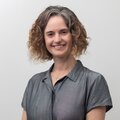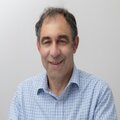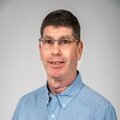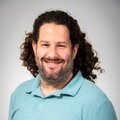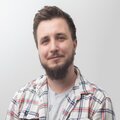Sentercare
Enabling the elderly to age safely at home
69% of funding target
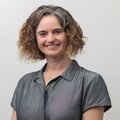
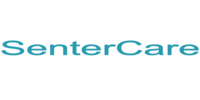
Highlights
Highlights
A Fall Preventing Technology
SenterCare has developed an advanced AI-based sensory technology that continuously analyzes the elderlys’ behavioral patterns in their own homes and alerts to irregularities that may indicate distress. SenterCare’s intelligent technology recognizes and analyzes the signs leading up to an acute health condition or potential fall, thus providing a warning in time to prevent it, as opposed to other sensors and monitoring systems, which inform only after an event has already occurred (such as falling). The unique system differentiates between different individuals in the same home, “learns” the user and is specifically tailored to the particular user—the norm for one individual is not necessarily the norm for another. Consequently, caregivers and family members can notice nuances and behavioral trends, which allows them to propose appropriate courses of action and care methods that can postpone or prevent severe health conditions—whether they be physical or mental.
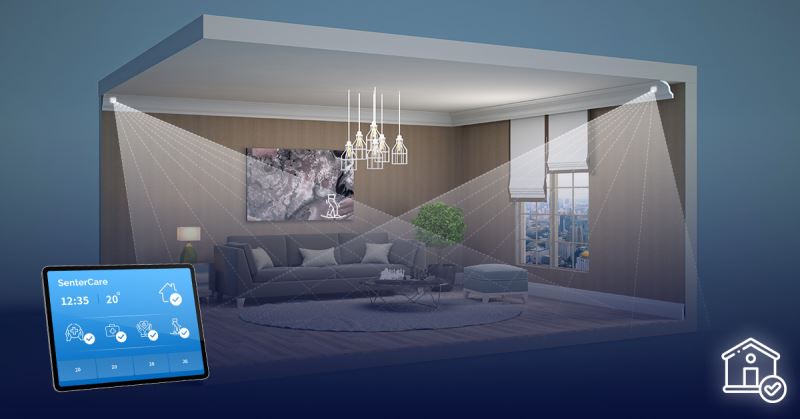
Close Partnerships with Trendlines Group and Natali Health Care Solutions
SenterCare was founded as part of the Trendlines Group—one of the leading tech incubators in Israel, as well as a prominent investor in the company. Furthermore, the company is presently carrying out a pilot in cooperation with Natali and its clients. As a pioneer in Israel’s emergency healthcare services, Natali partnered up with SenterCare since its establishment, providing many years of experience in treating senior patients in their own homes, while integrating advanced technologies. The pilot, which is expected to continue throughout this upcoming year, is showing promising results thus far and stresses the need for and importance of such a monitoring system.

A Strong Team with Technological and Scientific Experience in Leading Companies
At the head of SenterCare is a thoroughly experienced team with decades of experience in prominent companies all over the world, along with broad scientific, technological and management backgrounds. The company’s CEO, Ronny Sthoeger, is a software and tech development expert, with international experience in companies such as Radvision, Adamind and AVAYA, as well as complex systems’ development team management in the media field in Israel and around the world. The company’s algorithm engineer, Nethaniel Wagner, has 40 years of experience in algorithm development and specializes in machine learning and intelligent sensory solutions. He was previously an algorithm developer in Sigma-One, Nexus, IBM and Israel’s aerial industry. The company’s board of directors includes Natali’s CEO and one of SenterCare’s founders, Nimrod Altman.
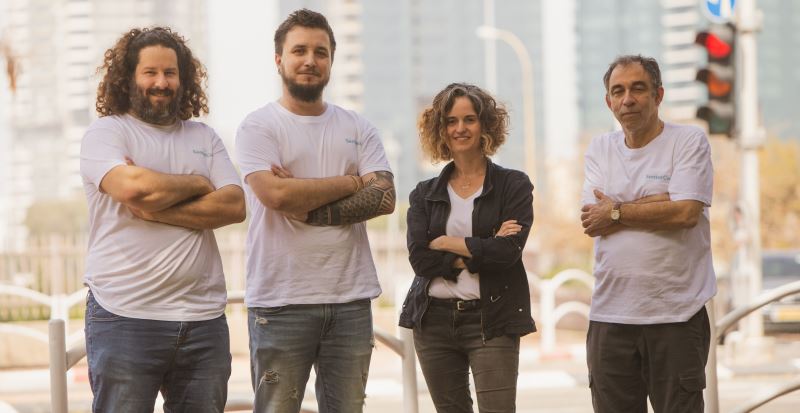
The Technology as a Platform: SenterCare’s System’s Various Potential Uses
In the future, the company expects that the SenterCare system and the large database it has accumulated—which will allow deeper analysis, preventative detection, selection of improved courses of action and the implementation of suitable monitoring and treatment plans—thus increasing the company’s value considerably. Beyond the natural potential that lies within partnerships with healthcare companies, the company foresees productive usage of the technology amongst municipalities and governments, retirement homes, retail networks, disabled populations (physical and mental disabilities and substance abusers), and more. The system is also expected to be used as an integrative system.
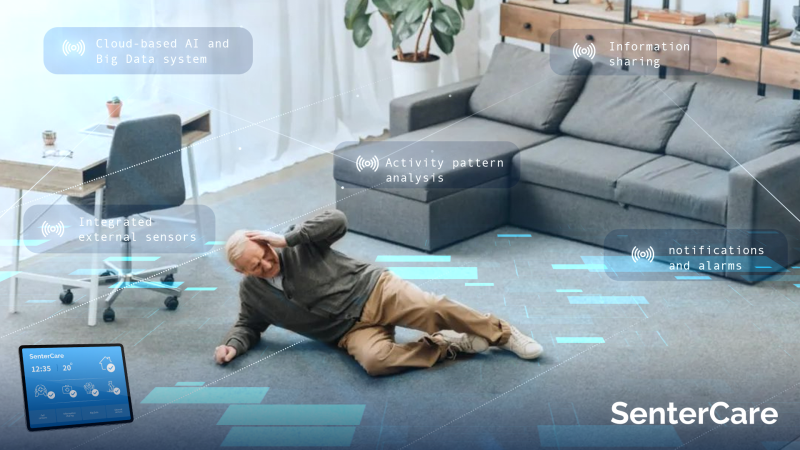
An Innovative, Comprehensive and Economical Solution for a Vast Market
The world is rapidly aging, and along with a constantly growing life expectancy, health expenditures are significantly increasing. Despite the majority of the senior population’s wish to stay in their homes in proximity to their familiar communities, large expenses and a severe shortage in caretakers are preventing them from safely doing so. There is an obvious need, which has yet to be met, for comprehensive technological solutions within this market. The recent years’ developments in sensory technologies, big data analysis and artificial intelligence can finally allow this to happen. SenterCare’s technology is the first of its kind to provide an intelligent and all-inclusive solution that maintains the elderly’s safety and well-being in their own homes. This is done via continuous, intelligent, and passive monitoring, that has the potential to save millions of dollars a year for health care systems and patients alike.
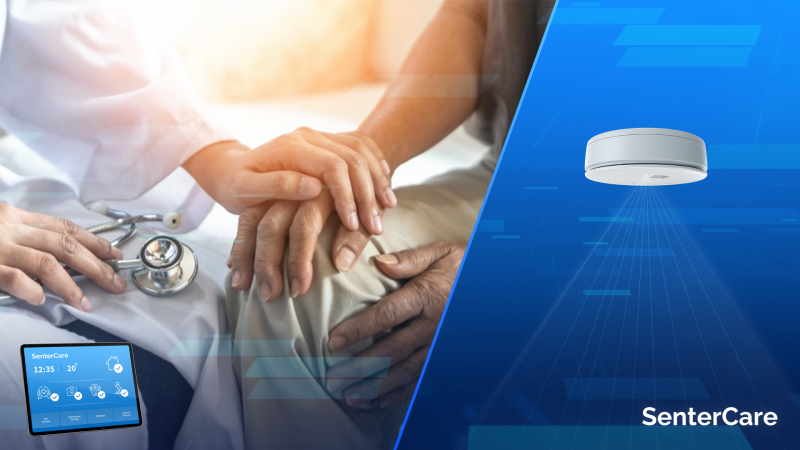
Pitch
Pitch
As life expectancy rises, along with the world’s senior population, more and more elderly citizens are living with multiple chronic diseases that may develop to acute conditions. Many of which can be avoided or at least postponed. It was found that 90% of this population would rather age in the comfort of their own home and community. Clinical health and treatment expenditures have risen, as well—out of the pockets of patients, healthcare systems and governments. Furthermore, healthcare workforce shortage is becoming a worldwide major concern, and man labor alone cannot be relied on to track, identify, and prevent deterioration. Private healthcare providers and state organizations are therefore looking at technological solutions to help minimize the gap. The world of home medicine is indeed swiftly developing, allowing the shift of the hospital environment to residential homes, in order to monitor specific conditions and illnesses. However, information regarding patients’ behavior, activity levels and overall well-being—which are relevant to all patients—remains unknown. The recent pandemic and social distancing that it imposed proved this need more urgent than ever, especially for the senior demographic.
The Need
Due to the growing need for monitoring solutions suitable for senior citizens who wish to remain in their own homes, different technologies have been developed, such as fall-detecting pendants, smart watches, cameras and microphones, motion-sensors based systems and distress buttons. These have failed to provide a complete and clear picture that reflects the user’s mental and physical state. These technologies are often intrusive, expensive, fail to distinguish different individuals located in the same house, are not tailored for the specific user, and cannot “learn” users’ unique patterns. In many cases, the devices’ efficiency greatly depends on the users’ maintenance and handling (putting on the pendent after the shower, changing the battery or charging the watch, etc.…).
Moreover, most of the existing solutions in the market resolve a specific problem, such as falling, or only monitor specific illnesses. As previously mentioned, this demographic often deals with several chronic illnesses simultaneously, and therefore, specific solutions are simply insufficient. Other technologies can monitor some at-home activity, but fail to distinguish different individuals, cannot fully comprehend the situation, and lack the ability to analyze nuances and anomalies and prevent future injuries.
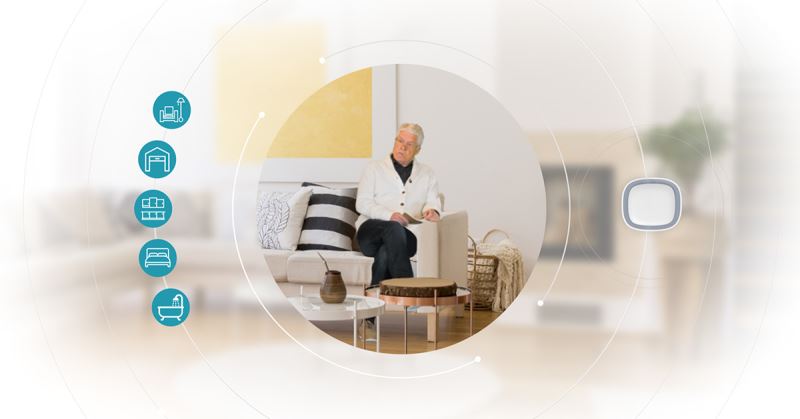
The Solution
Through an advanced behavioral monitoring system that makes use of a unique proprietary sensory technology and artificial intelligence, SenterCare manages to minimize the gap between the senior population’s desire to age peacefully in their own homes and maintaining a safe and healthy lifestyle. The SaaS system allows precise monitoring that can differentiate between separate individuals, takes into consideration users’ medical history, and analyzes behavioral patterns, in a way that is tailored to every single user. This allows the system to point out irregularities and provide personal insights, which can be acted upon immediately, for the users’ well-being, safety and health. The system can monitor sleeping patterns, activity levels, physiological data (weight, heart rate, respiratory rate, etc.…), as well as the user’s daily routine. The technology does not require any use of bulky wearables or cameras and microphones that constitute a breach of privacy. All of these allow caretakers to adopt a proactive and data-driven treatment approach, thus preventing acute conditions—instead of only reacting to them. Consequently, distress signs can be promptly identified, prior to the occurrence of emergency situations.
SenterCare’s solution is expected to dramatically reduce treatment costs (for both the healthcare systems and the patients), will lead to healthcare systems that are less busy and with better customer service, will reduce emergency hospitalizations, and over time, will build an immense data reservoir that will enable precise identification, prevention, and selection of improved courses of action in various applications.
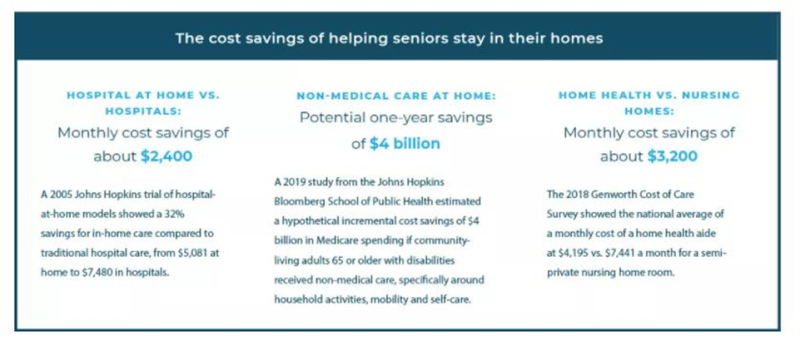
The Technology
SenterCare’s behavioral monitoring system uses unique proprietary sensors, that were developed in cooperation with the Trendlines Group—Israel’s leading technological and medical developments expert. These sensors are able to distinguish separate individuals, alert to emergency situations and document activity patterns and irregularities. The documented information immediately reaches the caretakers and healthcare providers, who in turn, can react appropriately and provide the necessary treatment.
Furthermore, SenterCare has developed an artificial intelligence-based analysis software with personalized rules, thus enabling the formation of a full picture that reflects behavioral trends, patterns, and anomalies. The data reservoir allows the deduction of personalized insights, and in the future, the application of big data algorithms that will improve preventive detection and suggested courses of action.
The comprehensive system is valuable both as a standalone or as an integrative system, with the addition of 3rd party sensors, wearables, and medical monitoring devices, for a broader analysis of specific medical conditions.
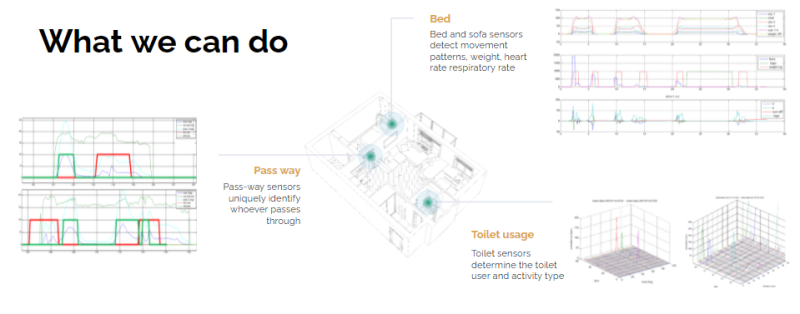
Pilots in Cooperation with Healthcare Provider Natali
Throughout the technological development, SenterCare partnered up with Natali, and parts of the system were installed in several houses, in order to test its efficiency, fine tune it and receive feedbacks from both the monitored individuals and the specialists in Natali—from the monitoring quality and insights to the cost and convenience of installation and upkeep. At the end of 2021, the system was installed in its entirety for the first time in a volunteer’s apartment, as part of the company’s ALPHA pilot. Since then, the system was installed in three other apartments, as part of an extension of the ALPHA pilot.
Data Samples from the Pilot:
- A 96-year-old gained 9 kg during a two-week period and was therefore diagnosed with an atrial flutter. The monitored individual was treated with anti-edema medicine and was indeed able to lose the weight during the following ten days of monitoring (without the need for a doctor’s active monitoring).
- The system managed to measure a 75 years-old senior’s trembling seizure’s length and intensity throughout the night, who has been showing early signs of Parkinson’s disease. Moreover, the patient’s family reported that the patient frequently falls from his bed during the night, and in the morning, is too confused to recall what happened. SenterCare’s system discovered that the monitored individual does not fall while climbing down from his bed, but rather after correctly getting up from bed. In light of this information, the arm rest next to the bed was moved.
- The system alerted to the entrance of an individual that the system was unfamiliar with, while a young monitored woman’s house was empty. After some investigation, it turns out the landlord was aware of this.
- The system informed of changes in monitored individuals’ normal sleeping and waking patterns, or whether they did not sleep in their homes at all throughout the night.
Team
Team
|
A software expert with over 20 years of experience in bringing companies from concept to product, while applying various development methodologies such as scrum, and managing team development in various countries. Led development groups at AVAYA, Radvision, Adamind, in developing complex technologies and systems for the fields of media and communications. A graduate of the elite IDF intelligence unit 8200, with a BA in computer science and East Asian studies, and two M.As In East Asian and Environmental Studies.
|
|
Ph.D. In physics. An algorithmist with 40 years of experience in algorithm development, specializing in signal processing, machine learning, smart sensing solutions, micro-radars, motion and position analyzing and more. Formerly an algorithm developer at Mobileye, Sigma-One, Nexus, IBM and the aerospace industry. Researcher in the fields of physical chemistry at the Faculty of Chemistry at Ben-Gurion University, co-chair of the Israel Association for Astrobiology and the Study of the Source of Life.
|
|
Project Management Director Trendlines Innovation Labs
CEO, Seger Surgical Solutions. 15+ years’ experience in medical device industry; previous positions include CEO Cleanoscope, VP R&D Niti Surgical, mechanical design consultant for KG Holdings
|
|
Electrical Engineering Director Trendlines Innovation Labs
12+ years experience in hardware and software engineering. Last 8 years in the medical devices industry. Computers Guru.
|
|
Outstanding 3rd year Computer Sciences student, Haifa University.
Experience with robotics programming and with elderly care.
|
